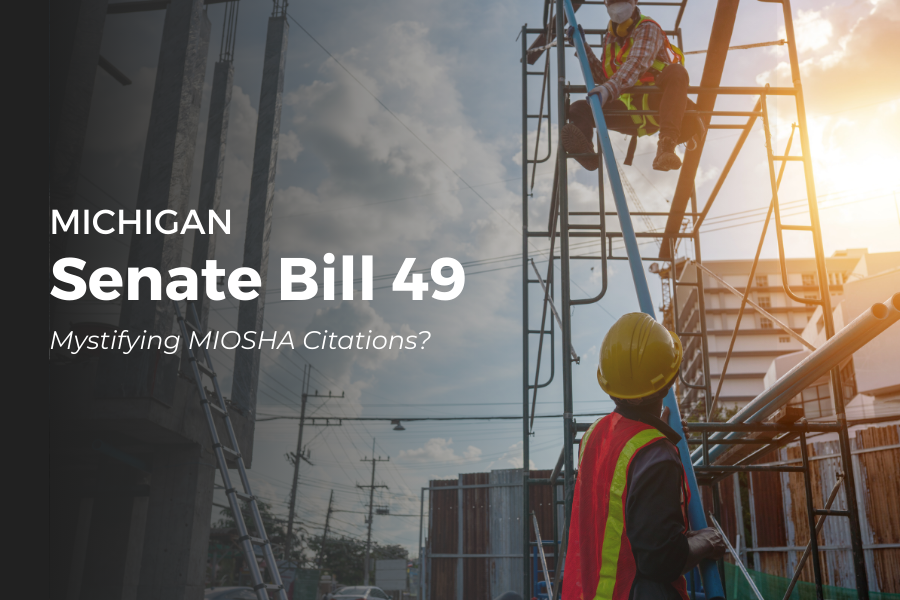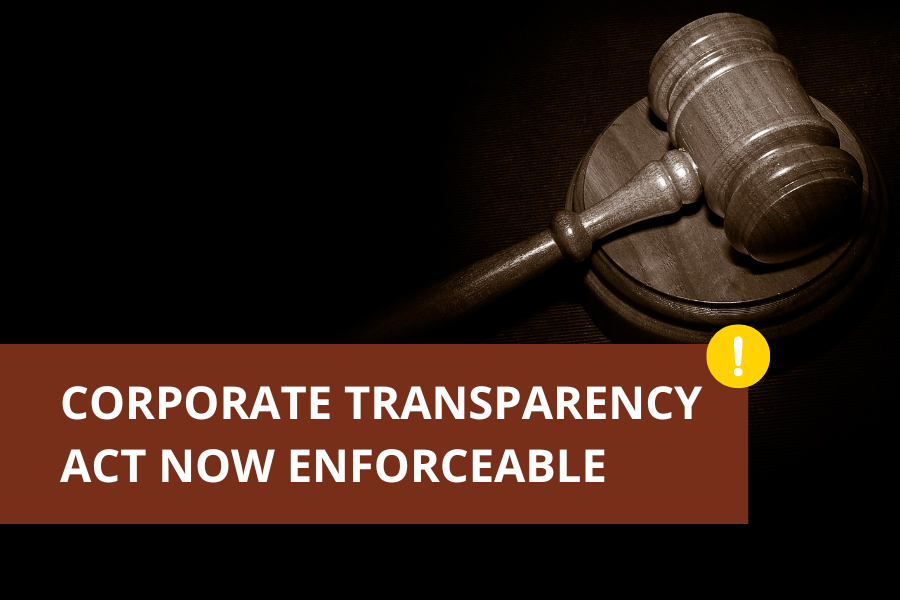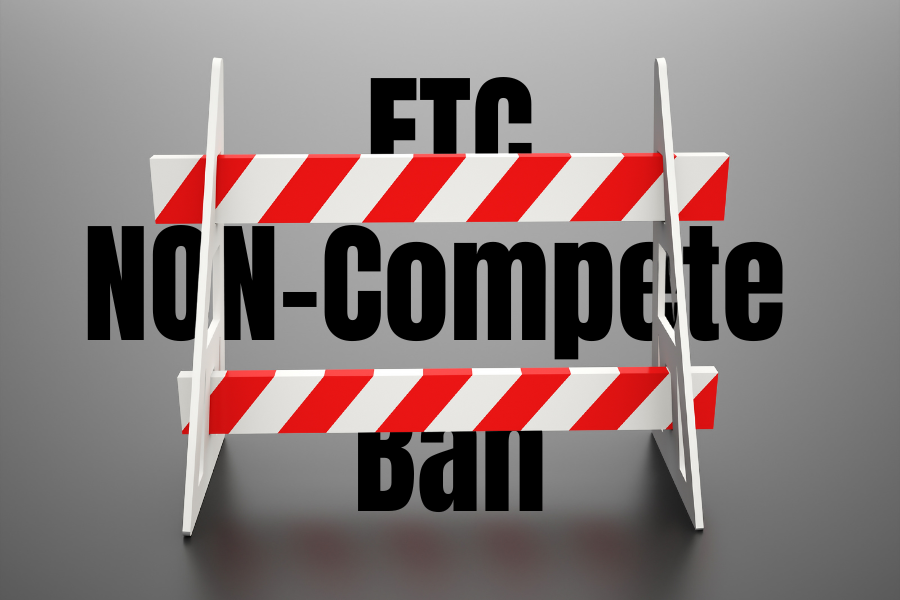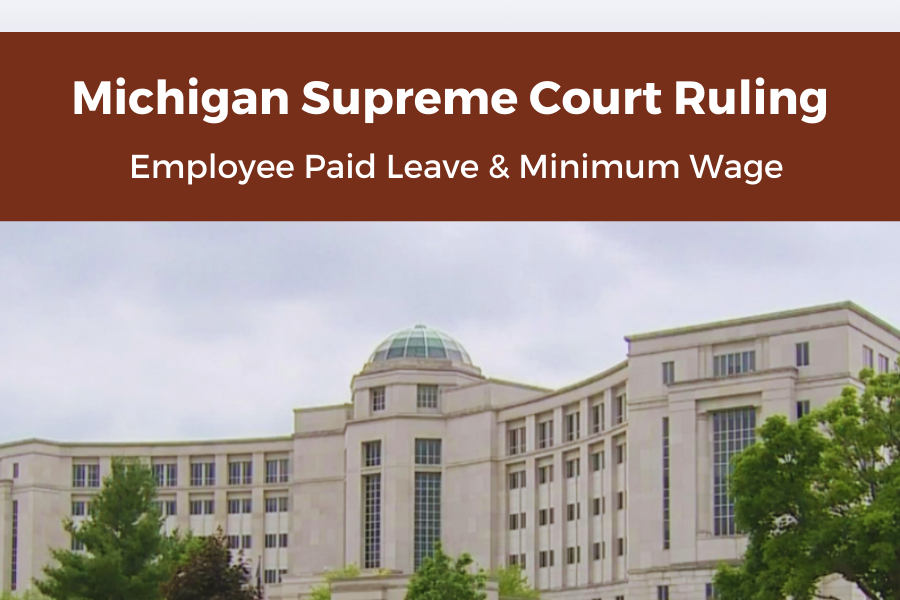By Aileen Leipprandt
On May 3, 2016, in the case of Wyandotte Electric Supply Company v Electrical Technology Systems, Inc., the Michigan Supreme Court issued an important opinion regarding “notice” requirements under the Michigan Public Works Act (PWA). The case involved renovation of the Detroit Public Library. KEO & Associates was the general contractor and Westfield Insurance Company supplied KEO with a $1.3 million payment bond as required under PWA. KEO subcontracted with Electrical Technology Systems (ETS) who in turn subcontracted with Wyandotte Electrical Supply for material and supplies.
ETS and Wyandotte had agreed to an open account arrangement, pursuant to which ETS would be liable for attorney fees and time-price differential charges of 1.5% on past due amounts. A time-price differential charge is “the difference between the current cash price of an item and the cost of purchasing the item with credit. A payment made with cash is immediate; a payment made with credit is not. Thus, when a payment is made with credit, the seller [such as Wyandotte] is burdened by a cash-flow interruption. A time-price differential compensates for the increased cost to a seller for credit. It reflects the difference between the credit price and the cash price.”
When Wyandotte began working, Wyandotte sent letters to KEO and Westfield asking for a copy of the payment bond for the project. In accordance with the Public Works Act, Wyandotte then sent a timely 30-day “Notice of Furnishing” via certified mail to KEO, Westfield, ETS and the Library. All but KEO received the notice. The United Postal Service tracking indicated KEO’s certified letter was at the post office, however, the notice never reached its destination. Again, in accordance with the PWA, Wyandotte sent a timely 90-day furnishing after it completed its work.
ETS failed to pay Wyandotte so Wyandotte eventually sued KEO, Westfield and ETS. Apparently, by this time, ETS had gone out of business and the president of ETS had declared personal bankruptcy. KEO challenged Wyandotte’s bond claim, arguing that the claim was invalid because KEO did not receive the 30-day notice of furnishing. In essence, defendants asked the court to read an actual notice requirement into the Public Works Act. The trial court refused, and ruled the bond claim was valid. KEO also argued that Wyandotte could not recover the time-price differential charges and attorney fees. The trial court disagreed and awarded Wyandotte the balance claimed, plus time price differential charges, plus attorney fees, plus post judgment interest. The Court of Appeals affirmed.
KEO and Westfield appealed to the Supreme Court. The Supreme Court affirmed the lower courts’ rulings in nearly all respects. Importantly, the Supreme Court held that the Public Works Act did not contain an “actual” notice requirement. Instead, the Act only required that the claimant serve a copy of its bond claim in the manner required by the Act. In this case, there was no dispute that Wyandotte sent notice via certified mail, thus Wyandotte complied with the PWA, regardless of whether KEO actually received the notice. Furthermore, because Wyandotte’s contract with ETS allowed Wyandotte to recover attorney fees and time-price differential charges, those charges were “justly due” under the Public Works Act and recoverable against the Payment Bond.
Lessons learned – Timely and properly filing and serving bond claims is crucial to recovering under a Public Works payment bond. Equally important, fees incurred to enforce payment on past due accounts will be enforceable against the payment bond, provided the underlying contract contains such provisions.










